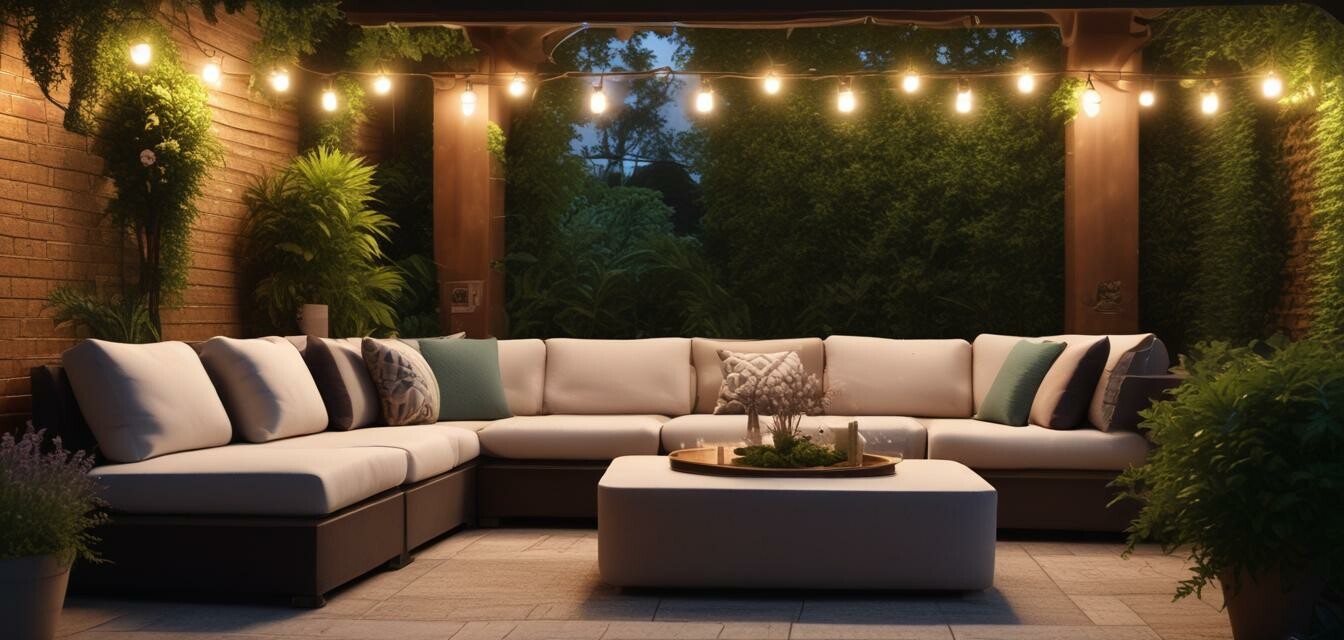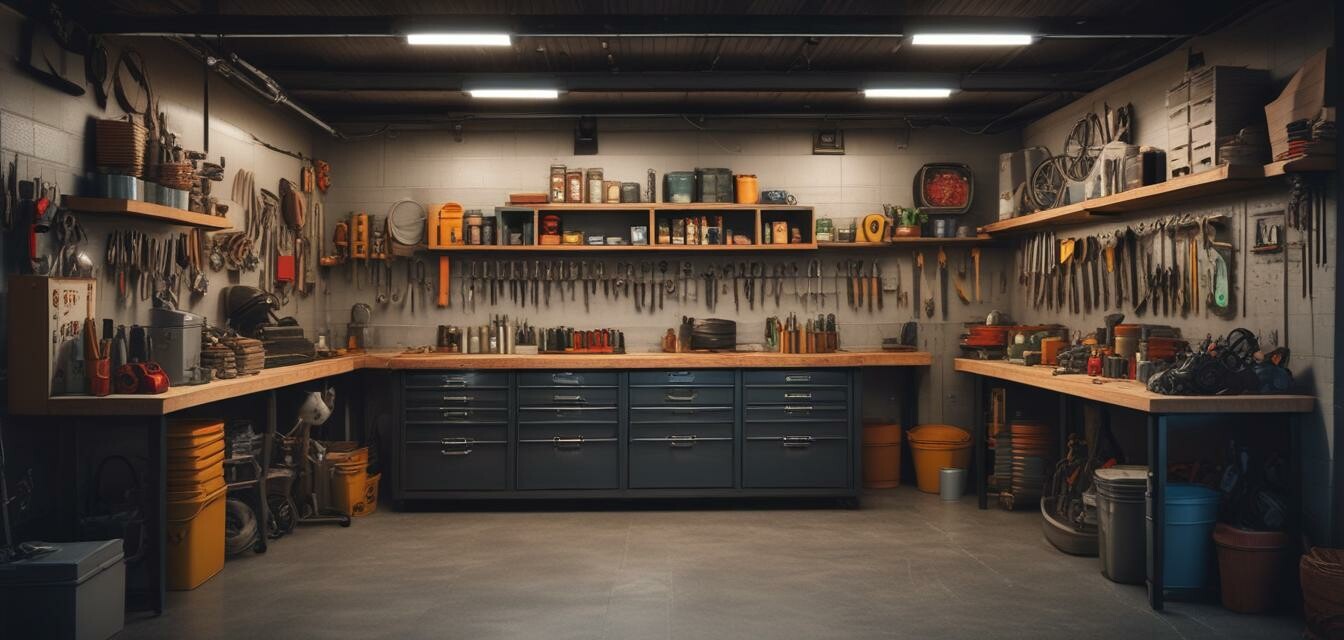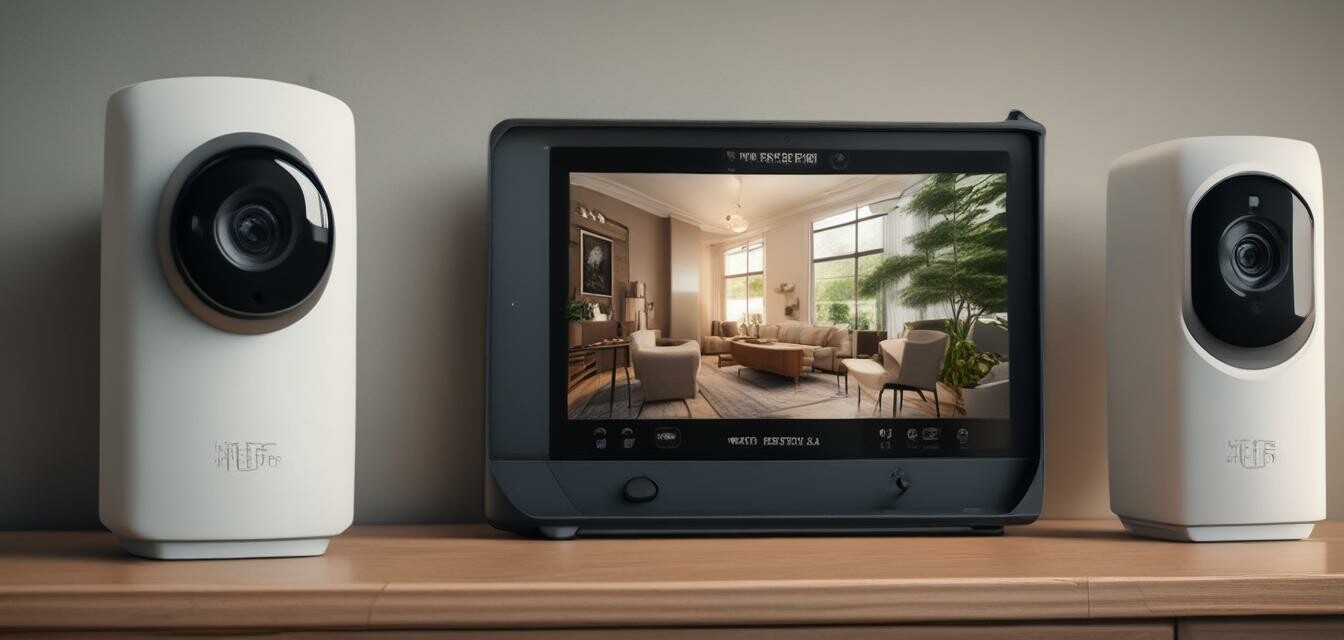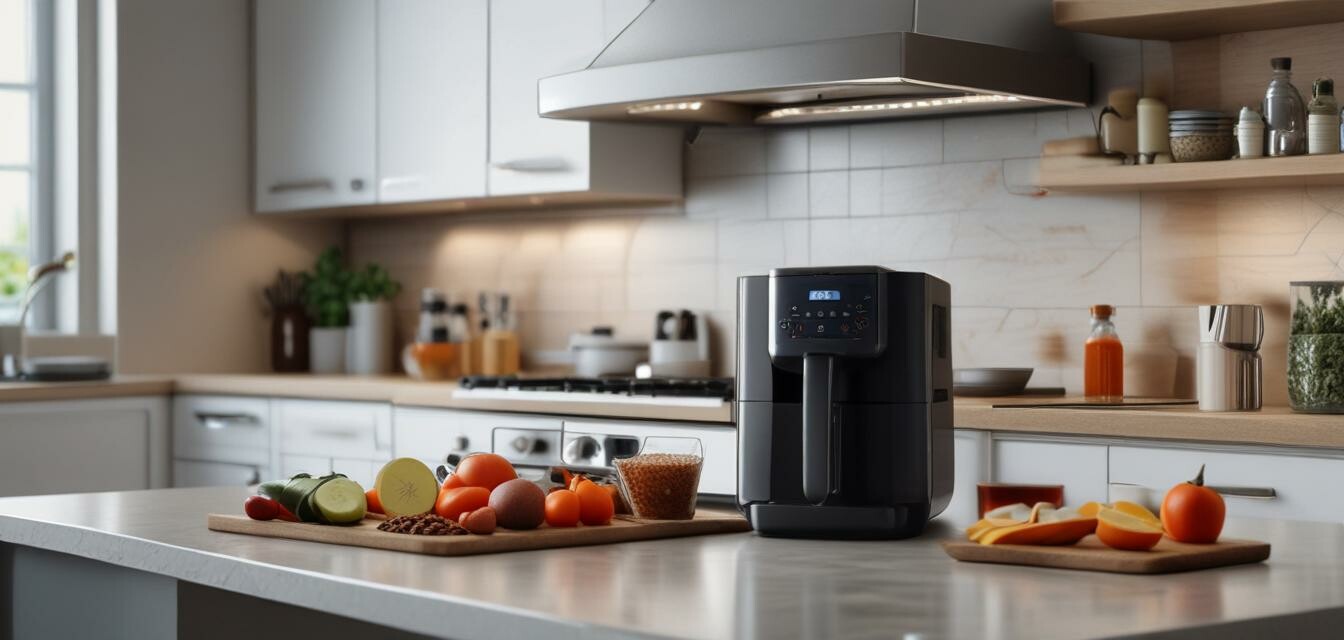
Energy efficiency & sustainable living
Key Takeaways
- Implementing energy-efficient appliances can significantly reduce energy costs.
- Using sustainable materials contributes to a healthier environment.
- Small lifestyle changes can lead to substantial reductions in energy consumption.
- Investing in renewable energy sources enhances sustainability.
In today's world, creating an energy-efficient and sustainable home is no longer a luxury; it is a necessity. Parents and homeowners are more aware of their environmental footprint and are seeking ways to reduce energy consumption while maintaining a comfortable living. This article explores innovative products and essential tips to help you transform your home into a haven of energy efficiency and sustainability.
Understanding energy efficiency
Energy efficiency refers to using less energy to perform the same task or activity. This concept is not only crucial for reducing utility bills but also for decreasing the overall demand for energy production, which can have a positive impact on the environment.
Benefits of energy efficiency
- Lower energy bills
- Reduced carbon footprint
- Increased home comfort
- Enhanced property value
Innovative products for energy efficiency
Adopting energy-efficient products can dramatically alter your energy consumption patterns. Below is a list of features you should consider:
| Product | Feature | Benefits |
|---|---|---|
| LED Light Bulbs | Long-lasting and energy-saving | Reduce energy consumption by up to 80% |
| Smart Thermostats | Adjusts heating/cooling based on occupancy | Saves energy when home is unoccupied |
| Energy Star Appliances | Efficient energy consumption ratings | Lower utility bills and environmental impact |
| Solar Panels | Renewable energy source | Reduces dependence on grid electricity |
Sustainable materials for your home
Using sustainable materials in home construction and renovation can further enhance energy efficiency. Consider the following materials:
Tips for using sustainable materials
- Opt for bamboo flooring, which is renewable and durable.
- Use recycled glass or metal for fixtures and decorations.
- Choose low-VOC paints to promote healthier indoor air quality.
- Incorporate reclaimed wood for both aesthetic and environmental benefits.
Creating an energy-efficient garden
Your outdoor space can also contribute to sustainability. Here are some ideas:
- Plant native plants that require less water.
- Install a rainwater collection system for irrigation.
- Create a composting area to reduce waste and nourish your plants.
- Use solar-powered garden lights for ambient evening illumination.
Affordable energy-saving tips
You don’t need a massive renovation budget to improve your home’s energy efficiency. Here are some simple tips that can make a big difference:
| Tip | Description |
|---|---|
| Insulate Your Home | Proper insulation prevents loss of heating and cooling. |
| Unplug Devices | Devices consume energy even when off. Unplugging can save costs. |
| Regular Maintenance | Keep HVAC systems serviced for optimal performance. |
| Use Natural Light | Maximize daylight by rearranging furniture and using lighter shades for drapes. |
| Smart Power Strips | These cut power to devices when not in use. |
Embracing renewable energy
Investing in renewable energy sources is a significant step towards sustainable living. Here are some popular options:
- Solar energy: Install solar panels to harness energy from the sun.
- Wind energy: Small-scale wind turbines can be a thrilling option in windy areas.
- Geothermal systems: Take advantage of the earth's stable temperature for heating and cooling needs.
Financial Incentives for Renewable Energy
Various government programs offer tax credits and rebates for those choosing renewable energy systems, making them more affordable options.
Conclusion
Making strides toward energy efficiency and sustainable living impacts not only your pocketbook but also the planet. By implementing innovative products, using sustainable materials, and following simple tips, parents and homeowners can create a welcoming environment that is eco-friendly and budget-conscious. Taking action, no matter how small, contributes to a larger movement toward a sustainable future.
Pros
- Lower utility bills.
- Increased home comfort.
- Positive impact on the environment.
- Potential increase in home value.
Cons
- Initial investment costs can be high.
- Some systems may require maintenance and repairs.
Further reading
Explore more on enhancing your living space:









